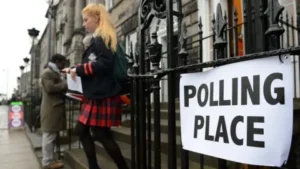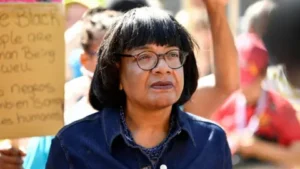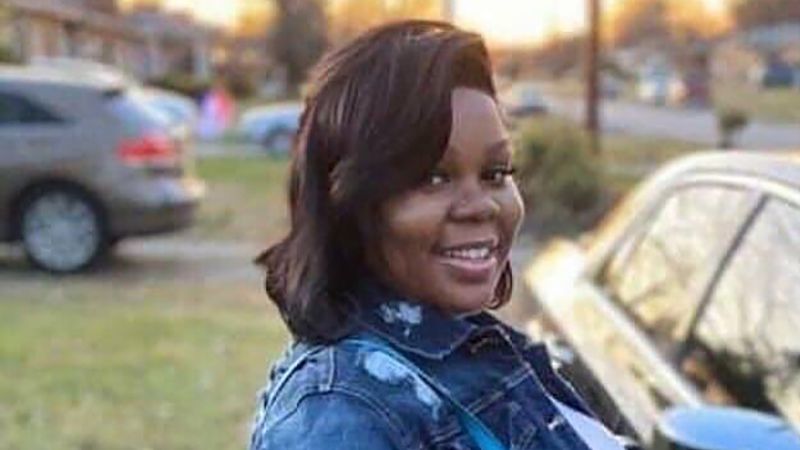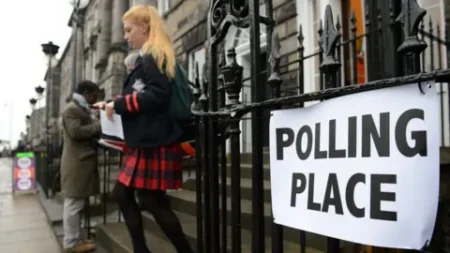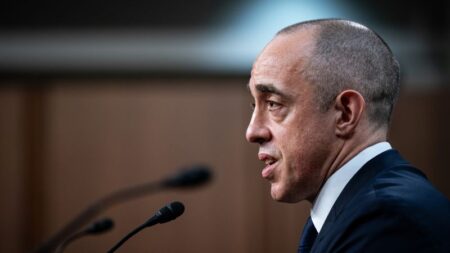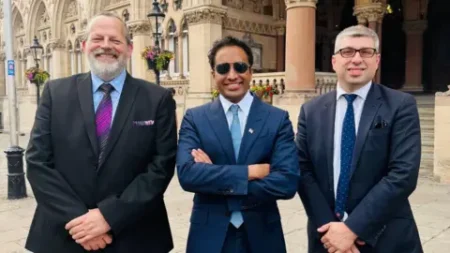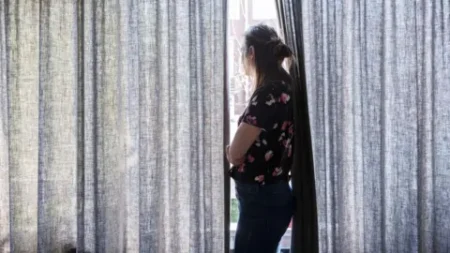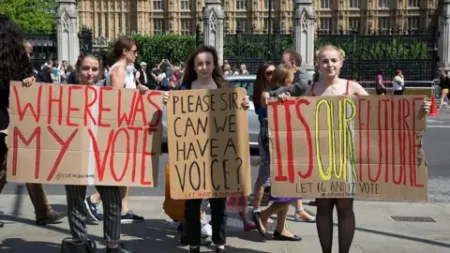The case of Breonna Taylor, who was tragically shot and killed by police in her Louisville home in March 2020, stands as a significant episode that has reverberated across the United States, influencing discussions on police conduct and civil rights. Recently, the Justice Department has requested that Brett Hankison, a former police officer implicated in the violation of Taylor’s civil rights, be sentenced to merely one day in jail. This decision has been met with considerable scrutiny and concern, particularly given the context of national outrage that surrounded Taylor’s death and the broader issues of systemic injustice faced by marginalized communities.
Brett Hankison was found guilty last year of abusing Taylor’s civil rights, specifically after he discharged multiple rounds through her bedroom window during a police raid linked to a narcotics investigation. This raid was particularly controversial because it was a “no-knock” entry, which means officers did not announce themselves before forcibly entering the residence. As a result, the incident became a focal point for the Black Lives Matter movement, igniting widespread protests against police brutality and sparking numerous calls for reform at every level of government. The trial and subsequent sentencing of Hankison, set to take place soon, are being watched closely by activists who argue that leniency towards officers involved in police violence signals a broader issue of accountability—or the lack thereof.
In a recent court filing made by the Justice Department, officials maintained that Hankison should not bear full culpability for Taylor’s death, asserting that he was part of the team executing a warrant but did not personally shoot her. The prosecutors emphasized that “defendant Hankison did not shoot Ms. Taylor and is not otherwise responsible for her death,” framing the rationale for their unusual sentencing recommendation. They pointed out the rarity of cases where police officers were charged specifically under the Fourth Amendment for situations involving the discharge of their weapon without causing injury.
Hankison’s defense team contends that he should be granted leniency due to the unique circumstances surrounding the case and the intense public scrutiny it has received. In the filings, the Justice Department suggested a sentence of time-served, meaning Hankison would not face additional jail time beyond what he has already spent since his conviction. They also requested three years of supervised release as part of his sentencing. These proposals underscore the complexities involved in determining the appropriate punishment for actions taken during a police operation gone horribly wrong.
The ramifications of this case extend beyond Hankison, as it symbolizes much larger systemic issues within law enforcement. The murder of Breonna Taylor has been central to the Black Lives Matter protests that swept across the nation in 2020, calling into question the accountability of police officers and their departments. National activists have expressed that a lenient sentence for Hankison could reignite tensions, reinforcing perceptions among communities of color that law enforcement is insulated from real consequences when it comes to abusive or violent conduct.
Despite the outcome of the few trials related to this case, with significant difficulties forming a consensus on culpability, prosecutors noted the unusual nature of needing multiple federal trials to achieve a conviction on a single count. This complex legal space illustrates the ongoing struggle for justice in cases involving police violence, highlighting the substantial hurdles endured by families seeking accountability after such tragedies.
As the sentencing date approaches, reactions from both sides continue to build, reflecting a divided public sentiment on matters of justice, police conduct, and the treatment of marginalized communities in the legal system. For his part, Hankison’s legal team has requested a degree of leniency, arguing that Hankison has been subjected to heightened scrutiny and potential abuse due to his status as a former police officer amidst a highly publicized case.
Ultimately, the forthcoming decision by Judge Rebecca Grady Jennings will likely resonate far beyond the courtroom, serving as a critical point of reflection on the ethics of law enforcement and their obligation to ensure the safety and rights of all citizens, particularly those from historically marginalized communities. The outcome will not only shape the narrative surrounding Hankison and the handling of Breonna Taylor’s case but will also reverberate into ongoing conversations about systemic reform and accountability within policing practices in the United States.


